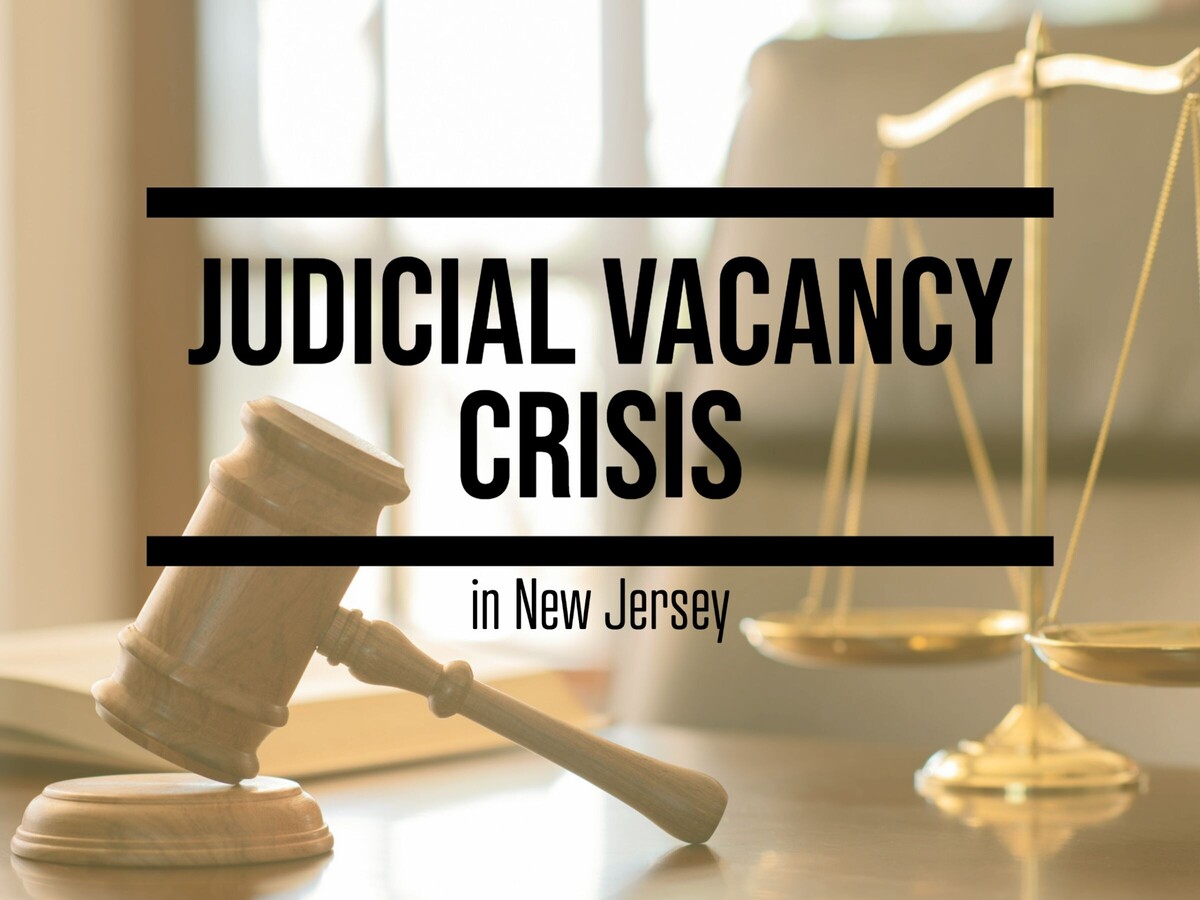Image


ATLANTIC CITY, NJ — In his annual State of the Judiciary address to the New Jersey State Bar Association, Chief Justice Stuart Rabner underscored the ongoing judicial vacancy crisis and its long-term implications for civil and matrimonial trials across the state.
Out of the 433 trial court judgeships, there are currently 64 vacant seats, a number projected to rise by 20 more by year-end. Rabner emphasized that this figure needs to be scaled down to between 25 and 30 to ensure effective public service by the judiciary.
"Individuals come to our court system seeking justice. We need to do better as a state in delivering the attention they rightly deserve. This issue won't resolve itself," Rabner said at the Bar Association's annual meeting and convention.
Rabner articulated that the impact of vacancies is contingent on the duration for which a seat remains unoccupied. If a judgeship is not filled for several years, a single vacancy can delay more than a thousand cases.
In the past two and a half years, monthly average vacancy figures across the judiciary have consistently hovered around 60. Due to the high rate of vacancies, Rabner took an unprecedented step in February to halt civil and matrimonial trials in six counties spanning two vicinages.
However, Rabner also warned that, unless the number of vacancies significantly reduces, the Judiciary might soon be compelled to halt trials in other counties- a scenario he is keen to prevent.
In addition to the vacancy crisis, Rabner also provided updates on other important Judiciary initiatives. Among these is a program aiming to connect defendants grappling with mental health issues with the appropriate resources and services, initiated in four pilot counties, thanks to a $2 million state grant.
Furthermore, Supreme Court Justice Lee Solomon will lead a committee examining wellness issues affecting legal professionals, particularly those of color and marginalized groups. The committee will analyze resources, gaps, and strategies to address the unmet needs of legal professionals battling mental health issues, substance use disorders, and other severe problems.
Chief Justice Rabner announced the reassembly of a committee composed of stakeholders from across the criminal justice community. This group will review the data regarding Criminal Justice Reform and recommend improvements. Rabner confirmed that the Criminal Justice Reform continues to operate as planned, indicating low rates of recidivism, high rates of court appearances, and a decrease in the jail population.
With the heightened attention to the judicial vacancy crisis and initiatives to better support legal professionals, Rabner's address serves as a call to action to ensure the Judiciary can effectively serve the public and maintain its crucial role in the justice system.